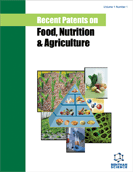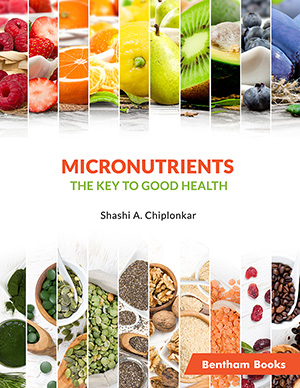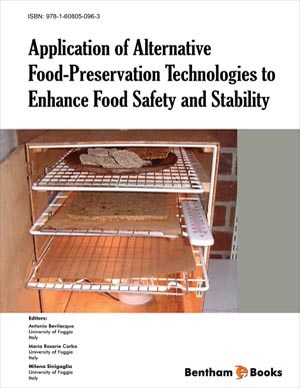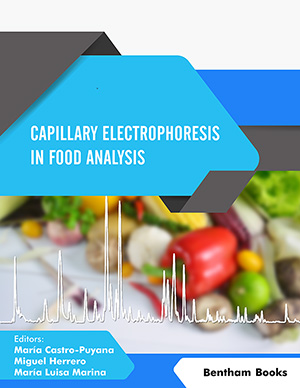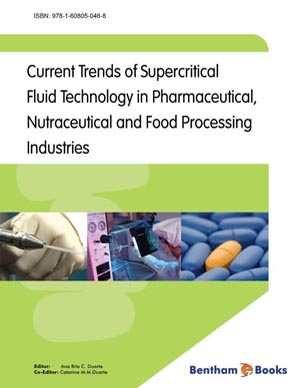Abstract
Breast and colon cancer represent the leading causes of mortality in developed countries. The treatment options for these organ site cancers differ depending on the status of hormone/growth factor receptors in molecular subtypes that exhibit altered expression of oncogenes/tumor suppressor genes and growth factormediated molecular pathways. Conventional cytotoxic chemo-endocrine therapy traditionally includes the use of anthracyclin, taxol, cisplatin, anti-estrogens, antifolates and DNA anti-metabolites. Additionally, the use of molecular pathway-specific small molecule inhibitors represents evidence-based targeted therapy. Long-term conventional or targeted therapy using pharmacological agents is frequently associated with systemic toxicity, acquired tumor resistance and the emergence of drug-resistant cancer stem cells. These limitations are associated with the progression of the therapyresistant disease.
Natural products such as dietary phytochemicals, their respective bioactive agents, botanicals, nutraceuticals and nutritional herbs are widely used in complementary and alternative medicine in women for estrogen-related issues, osteoporosis and breast diseases. Unlike conventional or targeted chemo-endocrine therapeutics, natural products, mainly due to their low systemic toxicity, may not lead to acquired tumor resistance and therefore, represent testable alternatives against therapy-resistant cancer.
These aspects emphasize a need to develop reliable experimental approaches, and specific and sensitive biomarkers that facilitate the identification of effective testable alternatives against therapy-resistant cancer.
Models for drug-resistant stem cells have been developed and characterized from the parental breast and colon carcinoma-derived cell lines, as well as from the cell lines derived from genetically predisposed colon cancer models. These stem cell models are characterized by the quantifiable expression status of select stem cell-specific cellular and molecular markers.
Mechanistically distinct natural products have documented growth-inhibitory effects on parental cell lines. Some of these agents also exhibit stem cell targeted growth inhibitory efficacy.
Recognizing clinical evidence for the role of estrogens in breast and colon cancer, future investigations include the development of tumor organoid models of therapyresistant breast and colon cancer from female patient-derived xenografts. These investigations support a scientifically robust rationale to provide clinical translatability for patient-derived preclinical data.
This chapter summarizes the evidence relevant to experimental models systems, natural products and efficacy of lead compounds as stem cell-targeted testable alternatives against breast and colon cancer. Collectively, discussed evidence and its clinical relevance support the hypothesis that natural products may benefit patients that are diagnosed for therapy resistant cancers.
Keywords: Breast and colon cancer, Drug-resistant stem cells, Naturally occurring substances, Preclinical cellular models.



